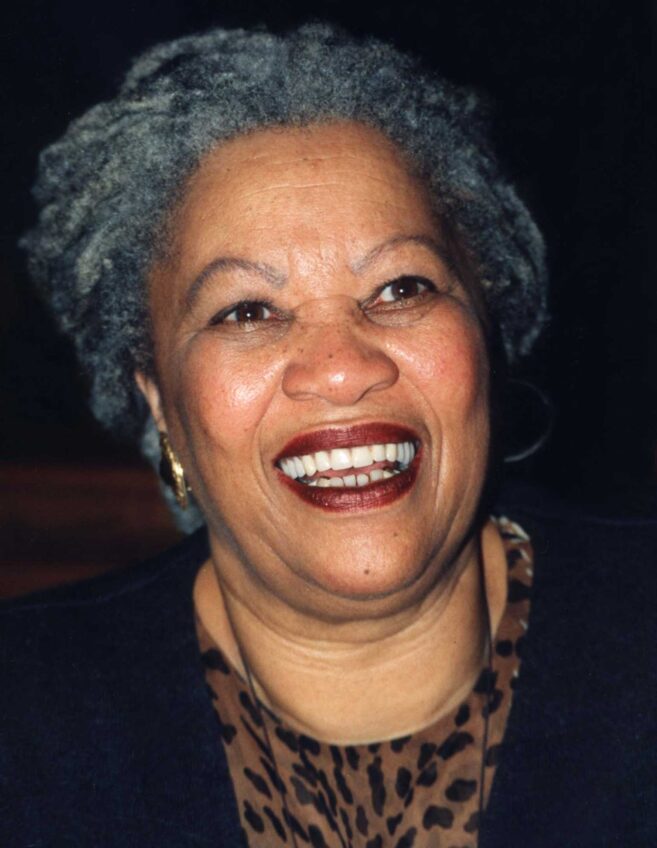Landmark legislation will protect LGBTQI elders and older people living with HIV in long-term care
Many of us who have had a loved one in a nursing home or other long-term care (LTC) facility know that these facilities face systemic challenges. Difficulty finding staff who can provide care to vulnerable people in their 80s and 90s is often made worse by the practices of for-profit and private equity firms. Today 72% of U.S. nursing homes are for-profit, and 11% are owned by private equity firms.
Research has documented that when for-profit entities buy nursing homes, staffing and resident activities are reduced, care and food quality decline, and emergency room visits and patient mortality rises. In order to increase oversight over such facilities, the Massachusetts Legislature voted on August 29, 2024, to approve “An Act to improve quality and oversight of long-term care” (H.5033) and send it to Governor Healey’s desk for signature.
Included in this LTC oversight legislation is language from “An Act to establish an LGBTQI Long Term Care Facility Bill of Rights” (H.637, S.381). The LGBTQI Long-Term Care Bill of Rights enumerates what sexual orientation and gender identity nondiscrimination in housing and public accommodations, mandated by state law, means for LGBTQI individuals in nursing homes and other LTC facilities, and what this means for older people with HIV regardless of sexual orientation.
The legislation specifically addresses issues such as admission, room assignment, use of restrooms, use of names and pronouns, clothing and grooming, free association, medical care, record-keeping, promulgation of policies within the facility, and staff training. In passing the LGBTQI Long-Term Care Bill of Rights as part of the LTC oversight legislation, Massachusetts joins four states and the District of Columbia which have similar LGBTQ Long-Term Care Bills of Rights.
“I vividly remember testimony at one of our LGBT Aging Commission hearings,” said bill cosponsor Senator Pat Jehlen (D-Somerville) on the Senate floor August 29, 2024. “A family in western Massachusetts could no longer care for their transgender aunt and could not find a single nursing home that would admit her. Finally, they found one. And that nursing home ironically put her in a converted closet.”
“LGBTQ+ seniors have spent their lives fighting for the social equality and legal protections that many of us now benefit from,” added bill cosponsor Rep. Jack Patrick Lewis (D-Framingham). “Many of them were pioneers in this struggle. …The stories of LGBTQ+ seniors being forced back into the closet or mistreated in their golden years are simply unconscionable.”
The Massachusetts State Plan on Aging estimates that “70% of all Massachusetts residents who reach the age of 65 will need help with activities of daily living.” However, LGBTQ+ older adults are less likely than the general population of elders to have partners, children and family who can provide caregiving, and may be estranged from their families of origin.
As a result, LGBTQ+ people as a group are at higher risk of premature institutionalization. And because of their history of institutional mistreatment, for many LGBTQ+ older adults, nursing homes are viewed as “institutional closets” — dangerous and unwelcoming places where, at the end of life, being LGBTQ+ reverts to how it began: with bullying, humiliation, and harassment. While Massachusetts law prohibits discrimination on the basis of real or perceived sexual orientation and gender identity (SOGI), SOGI nondiscrimination is not always practiced in the Commonwealth’s long-term care facilities.
At the September 13, 2022, Massachusetts Special Legislative Commission on LGBT Aging quarterly meeting, a public meeting under the Commonwealth’s open meeting law, Alejandro Marcel spoke about his experiences at a Cape Cod nursing home and those of other LGBTQI residents there. A transgender man of Mexican descent, Marcel spoke of systemic but “nuanced” discrimination against LGBTQI residents of his nursing home. He described patients not having their beds changed for long periods of time, being brought to the toilet and then “they let you sit there for one hour if they don’t like you,” “waiting two weeks to take a shower,” staff not answering bell calls, and other forms of neglect and bias.
Like Marcel, LGBTQI older adults experience discrimination and unequal treatment in long-term care in Massachusetts and around the country. This harassment and fear of mistreatment lead to poor mental and physical health outcomes. The Massachusetts Special Legislative Commission on LGBT Aging has held three rounds of listening sessions across the Commonwealth over the past decade, at which LGBTQI elders told equally compelling stories of discrimination.
Anyone who needs access to a long-term care facility should be welcomed with compassion and dignity. The LGBTQI LTC Bill of Rights will help ensure that older adults across Massachusetts who are LGBTQI or who are living with HIV can live in dignity and without fear in nursing homes and other long-term care facilities and can access the care and support they need with safety and respect.
Sean Cahill, PhD, is director of health policy research at The Fenway Institute and a member of the Massachusetts Special Legislative Commission on LGBT Aging.






